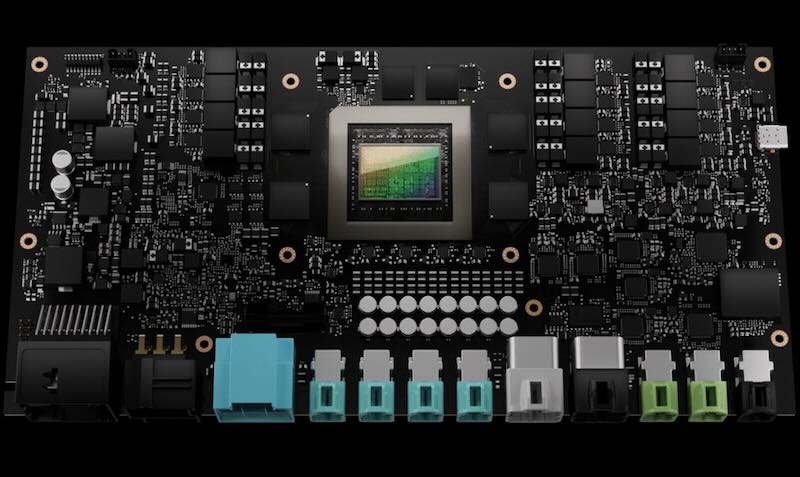A significant setback in Nvidia’s automotive chip division has emerged as their Thor chip faces extended production delays, prompting major electric vehicle manufacturers to reevaluate their technology partnerships. Initially targeted for mid-2024, the advanced AI chip’s launch has been pushed to mid-2025, with only basic version functionality available at release.
Chinese automakers are leading the charge in developing alternative solutions. The postponement of Thor’s release has accelerated the development of proprietary chips across multiple manufacturers. This strategic pivot demonstrates the industry’s growing emphasis on technological self-reliance and supply chain control.
Several prominent EV makers have already unveiled their in-house solutions. Testing phases are underway for these alternatives, with promising results in autonomous driving capabilities. The shift represents a significant challenge to NVIDIA’s dominance in the automotive AI sector.
The ripple effects of Thor chip delay extend beyond immediate production schedules. China Automakers are now fast-tracking their research and development initiatives, potentially reshaping the competitive landscape. XPeng has intensified efforts on its proprietary “Turing” chip, demonstrating successful implementation of their Navigation Guided Pilot system. NIO has notably abstained from placing Thor orders, instead focusing resources on their Shenji NX9031 chip.
Li Auto’s development of its “Schumacher” chip and VLA system exemplifies this evolution. One of the earliest adopters of Thor, is also advancing its self-developed AI driving chip, codenamed “Schumacher.” According to insiders, the company is exploring its next-gen “end-to-end” AI driving solution, known as VLA (Vision-Language-Action model), which is designed to work with its in-house chip scheduled for mass production in 2026, (Li Auto Sets Up Hong Kong Chip R&D Office, Aims for EV Tech Leadership). This combination is expected to deliver superior performance, potentially reducing Li Auto’s reliance on NVIDIA chips in the long term.
The race for technological independence has intensified, with manufacturers investing heavily in proprietary solutions. This trend suggests a broader industry shift toward vertical integration, potentially reducing reliance on external technology providers.
Thor chips delay may have inadvertently accelerated innovation across the sector, pushing manufacturers to develop more robust and independent solutions.
Related Post
Zhuoyu (DJI Automotive) Teams Up with NVIDIA DRIVE Thor to Develop Self-driving Solutions
XPeng Tech Day Showcase: Next-Gen Humanoid Robot and Flying Car Horizons
Xpeng AI Leap: Shanghai R&D Center Drives Autonomous Future
Li Auto Launches End-to-End + VLM AI Driving with OTA 6.4 Update
